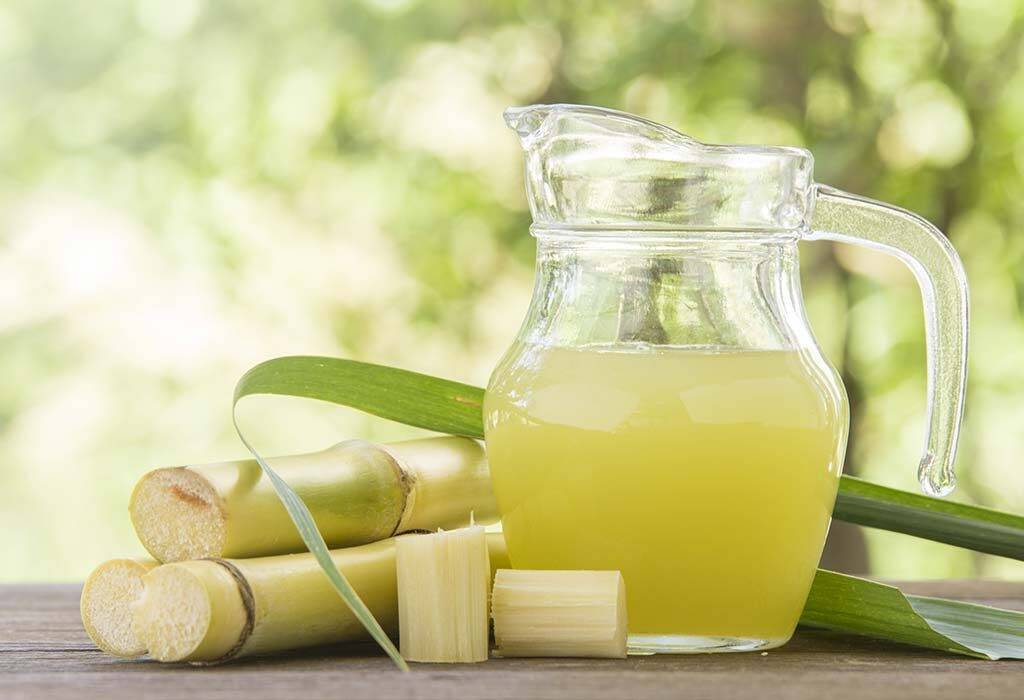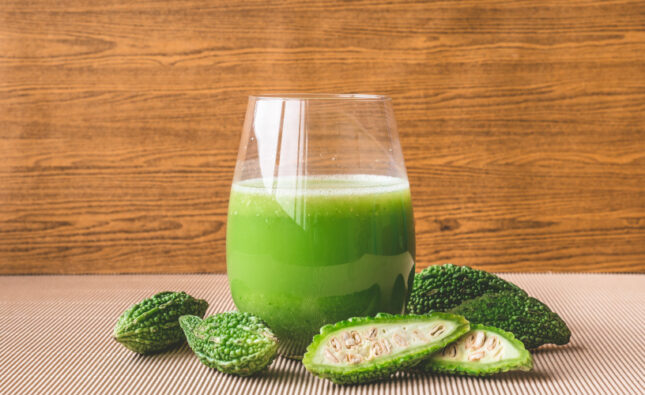Health Benefits of Sugarcane Juice
Sugarcane Juice is a tall, perennial grass species scientifically known as Saccharum officinarum. It is widely cultivated for its high sugar content, which is extracted from the cane stalks. Sugarcane is primarily grown in tropical and subtropical regions due to its need for warm temperatures and abundant rainfall.
The plant itself consists of thick, fibrous stalks that can reach several meters in height. The stalks are filled with sucrose, a type of sugar, which is stored in the cane’s juice. Sugarcane is harvested by cutting the stalks close to the ground, typically using machinery. After harvesting, the canes are transported to sugar mills, where they undergo processing to extract the sugar.
Sugarcane Juice is a valuable crop with various uses. The primary purpose of cultivating sugarcane is to produce sugar, which is used in a wide range of food and beverage products. Additionally, sugarcane can be used to produce molasses, ethanol, and biofuels. The fibrous residue left after sugar extraction, known as bagasse, is used as a biofuel or as a raw material for manufacturing paper and other products.
Sugarcane cultivation has a long history, dating back thousands of years. It originated in Southeast Asia and spread to other parts of the world through human migration and trade. Today, countries such as Brazil, India, China, Thailand, and Australia are among the largest producers of sugarcane.
Sugarcane juice offers several health benefits when consumed in moderation. Here are some potential health benefits associated with sugarcane juice:
1. Hydration:
Sugarcane juice is a refreshing and hydrating beverage. It contains a high water content, which helps replenish fluids in the body and maintain proper hydration levels.
2. Rich in Nutrients:
Sugarcane juice is a natural source of essential nutrients. It contains vitamins such as vitamin C, B-complex vitamins (including thiamin, riboflavin, and niacin), as well as minerals like calcium, magnesium, potassium, and iron. These nutrients are important for various bodily functions and contribute to overall health.
3. Antioxidant Properties:
Sugarcane juice contains antioxidants, including flavonoids and phenolic compounds. Antioxidants help neutralize harmful free radicals in the body, reducing oxidative stress and potentially lowering the risk of chronic diseases.
4. Boosts Energy:
The natural sugars present in sugarcane juice, mainly sucrose, provide a quick and easily digestible source of energy. Consuming sugarcane juice can help replenish energy levels and combat fatigue.
5. Supports Digestion:
Sugarcane juice contains fiber, which aids in digestion and promotes bowel regularity. It can help prevent constipation and improve overall digestive health.
6. Kidney Health:
Some studies suggest that sugarcane juice may have a positive impact on kidney health. It may help reduce the risk of developing kidney stones and support kidney function due to its diuretic properties.
7. Promotes Liver Health:
Sugarcane juice is believed to support liver health and detoxification. It may help flush out toxins from the body, aiding in liver cleansing and promoting liver function.
8. Skin Health:
The presence of antioxidants, vitamins, and minerals in sugarcane juice can contribute to healthier skin. It may help improve skin elasticity, reduce signs of aging, and promote a clearer complexion.
9. Cooling Effect:
Sugarcane juice has a naturally cooling effect on the body. It is commonly consumed during hot weather or to alleviate heat-related discomfort. Despite these potential health benefits, it’s important to consume sugarcane juice in moderation. While it contains natural sugars, excessive consumption can contribute to high-calorie intake and may not be suitable for individuals with certain health conditions, such as diabetes. It is always advisable to consult with a healthcare professional or registered dietitian for personalized dietary guidance.
Nutrient Value of Sugarcane Juice
Sugarcane juice is a refreshing beverage that contains various nutrients. The specific nutrient composition may vary slightly depending on factors such as the variety of sugarcane, ripeness, and processing methods. Here is a general overview of the nutrient value of sugarcane juice per 100 grams:
- Calories: Approximately 70-75 calories
- Carbohydrates: Around 17-20 grams of carbohydrates, primarily in the form of natural sugars, such as sucrose, glucose, and fructose.
- Fiber: Sugarcane juice contains a minimal amount of dietary fiber, usually less than 1 gram per 100 grams.
- Protein: Negligible amounts of protein are present in sugarcane juice.
- Fat: Sugarcane juice is virtually fat-free.
- Vitamins: It contains varying amounts of vitamins, including vitamin C, vitamin B1 (thiamin), vitamin B2 (riboflavin), vitamin B3 (niacin), vitamin B6, and folate (vitamin B9).
- Minerals: Sugarcane juice provides small amounts of minerals such as calcium, magnesium, potassium, iron, zinc, and manganese.







